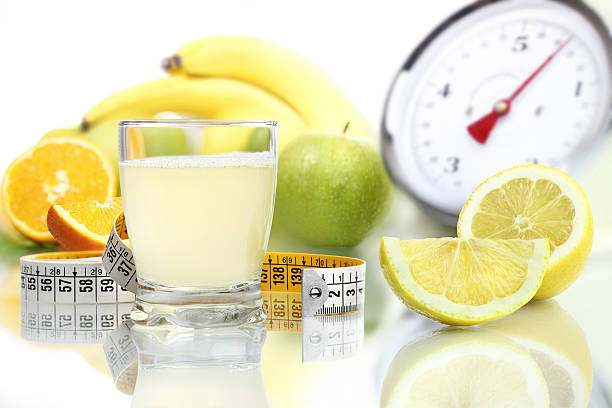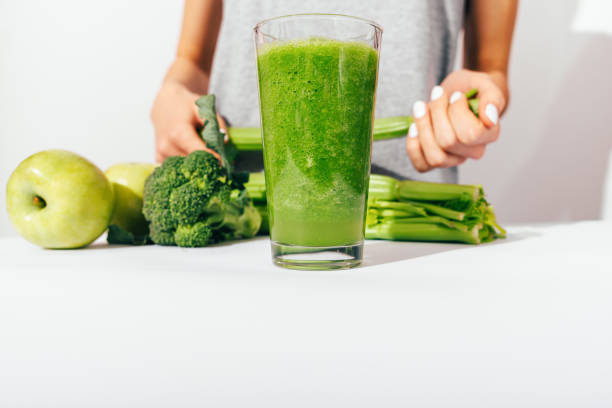They believe that by labeling plant-based drinks as milk, consumers are misled into purchasing inferior products. The movement is spreading around the globe. The US Food and Drug Administration FDA is considering making the term “milk” exclusive to dairy products. The European Court of Justice upheld that restricts the use of dairy terminology on soy products, even though almond milk was exempt.
We disagree. It makes sense to call the product “almondmilk” and it doesn’t confuse anyone.
Defining milk
According to FDA commissioner Scott Gottlieb, “An almond does not lactate”, so almonds can’t be milked. It’s not enough to define milk by the method of production. Perfect Day in the US, for instance, produces dairy products without udders, cows, or any other animal. They genetically altered a microorganism that produces proteins to make the same proteins as cow’s milk, casein, and whey.
Read more: Lab-grown dairy: The next food frontier
A more useful way to define something is to look at its intended function. Consider a mouse trap. A mouse trap is a thing that is designed to trap mice. These traps use various materials and trapping mechanisms, but these differences don’t matter. The function of all these traps is the same, so they are all “mouse traps.”
Almond milk, and other plant-based drinks are milks. Almond milk is great with cereals; they can be eaten by themselves and are nutritious. Almond milk has been widely used as a substitute for animal milk ever since the Middle Ages. Plant-based dairy products are a good alternative to animal milk for those who can’t or don’t want to drink animal milk.
As different types of liquids from coconuts, almonds, or soy are “milks,” they perform the same functions as milk.
Milk and nutrition
Animal is rich in nutrients, and even more so than some plant-based alternatives to milk. The dairy industry may not be able to differentiate their products from alternatives if it bases the definition of milk on nutritional claims.
Once a nutritional threshold for milk is established, plant-based drinks could be fortified until they become milk. Some milk has already been fortified to increase calcium absorption. It may not be difficult to mimic the higher levels of protein, vitamins, and minerals, but not sugars and fat.
It makes sense to refer to almond milk as “milk” because it performs all the functions of milk and has some nutritional value.
Consumers are being misled.
Even if functional definitions aren’t your thing, product names such as “almond milk” don’t mislead consumers. Consumers don’t believe that peanut butter contains dairy butter. Also, they don’t think that almond milk is just cow’s milk with a hint of almond flavor.
Almond milk companies should not want their customers to believe that the product contains dairy. Plant-based milk is popular among consumers who wish to milk but don’t want the moral or dietary issues associated with dairy. The companies would change the name of almond milk to almond juice if many people thought that it contained dairy.
Read more: The future of meat is shifting to plant-based products
Consumers also aren’t misled by the lower nutritional value of plant-based milks (relative to animal-based milks). Only very health-conscious people buy animal milk for a specific nutrition profile. And, very health-conscious people read nutritional labels, so they are not going to be misled by low-nutrition juices masquerading as milk.
Incorrect information about a product may have negative effects. It is important to require that cars be sold with the most recent certificate of fitness, as this can help prevent expensive mistakes like “buying a Lemon.” It is important to label poisons because consumer errors that are poison-related could be fatal. We need to strike a balance between protecting consumers adequately and not putting too much burden on producers.



